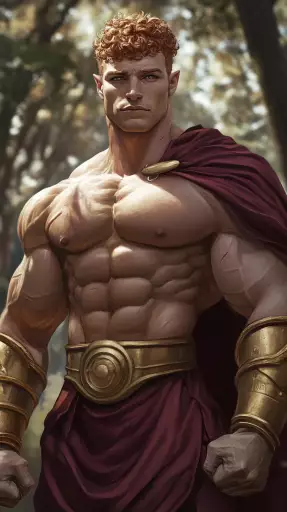Explore the Best AI Image Gallery

Beyond the Brush: Blockchains Transformative Influence on the Creative Industry
The creative landscape is undergoing a profound transformation, fueled by the rise of disruptive technologies. Among these, blockchain stands out as a particularly potent force, promising to revolutionize how art, music, design, and other creative works are produced, shared, and valued.
Redefining Ownership and Intellectual Property
One of blockchains most impactful contributions to the creative industry is its ability to establish clear and transparent ownership records for digital assets. By leveraging cryptographic techniques, blockchain creates an immutable ledger that tracks the provenance of every creative work from its inception to its distribution. This addresses a longstanding challenge in the digital realm: ensuring artists retain control over their creations and receive due credit and compensation.
Smart contracts, self-executing agreements coded onto the blockchain, can automate royalty payments to creators whenever their work is sold or licensed. This eliminates intermediaries and ensures artists are fairly compensated for their contributions, fostering a more equitable and sustainable creative ecosystem.
Empowering Creators and Fostering Direct Connections
Blockchain technology empowers creators by enabling them to connect directly with their audience, bypassing traditional gatekeepers such as record labels, publishers, or galleries. Platforms built on blockchain allow artists to sell their work directly to fans, receive patronage, and build communities around their creative endeavors.
Decentralized autonomous organizations (DAOs), community-owned and governed entities powered by blockchain, offer a new model for collaborative creativity. Artists can pool resources, share expertise, and collectively make decisions about projects and distribution of profits.
New Avenues for Artistic Expression
Blockchain is not only transforming the way creative works are created and distributed but also opening up entirely new avenues for artistic expression. Non-fungible tokens (NFTs) represent unique digital assets, including artwork, music, videos, and virtual collectibles, that can be traded on blockchain marketplaces.
NFTs have exploded in popularity, allowing artists to monetize their creations in unprecedented ways. They also provide collectors with verifiable ownership of scarce digital assets, blurring the lines between physical and digital art forms.
Ethical Considerations and Challenges
While blockchain offers immense potential for the creative industry, its essential to address the ethical considerations and challenges that accompany this transformative technology.
Data Privacy and Security
Blockchain transactions are transparent and immutable, raising concerns about data privacy. Its crucial to implement robust security measures and ensure that personal information is protected from unauthorized access and misuse.
Accessibility and Inclusivity
Blockchain technology can exacerbate existing inequalities if not implemented inclusively. Efforts must be made to ensure that all creators, regardless of their background or technical expertise, have access to the benefits of blockchain.
Environmental Impact
Some blockchain networks require significant computational power, leading to environmental concerns. Its important to explore sustainable alternatives and promote responsible development practices.
Future Trends and Innovations
The intersection of blockchain and creativity is constantly evolving, with exciting new trends emerging:
Decentralized Content Platforms
Blockchain-powered platforms will empower creators to own and control their content, fostering a more decentralized and resilient internet.
AI-Powered Creativity
Integrating blockchain with artificial intelligence (AI) can unlock new possibilities for artistic collaboration and the creation of innovative works.
Metaverse Experiences
Blockchain will play a key role in shaping immersive metaverse experiences, enabling creators to build virtual worlds, host events, and monetize their creations in novel ways.
As blockchain technology continues to mature and evolve, its impact on the creative industry will only grow. By embracing this transformative force, artists, designers, and innovators can unlock new frontiers of creativity, forge deeper connections with audiences, and reshape the future of art and culture.
